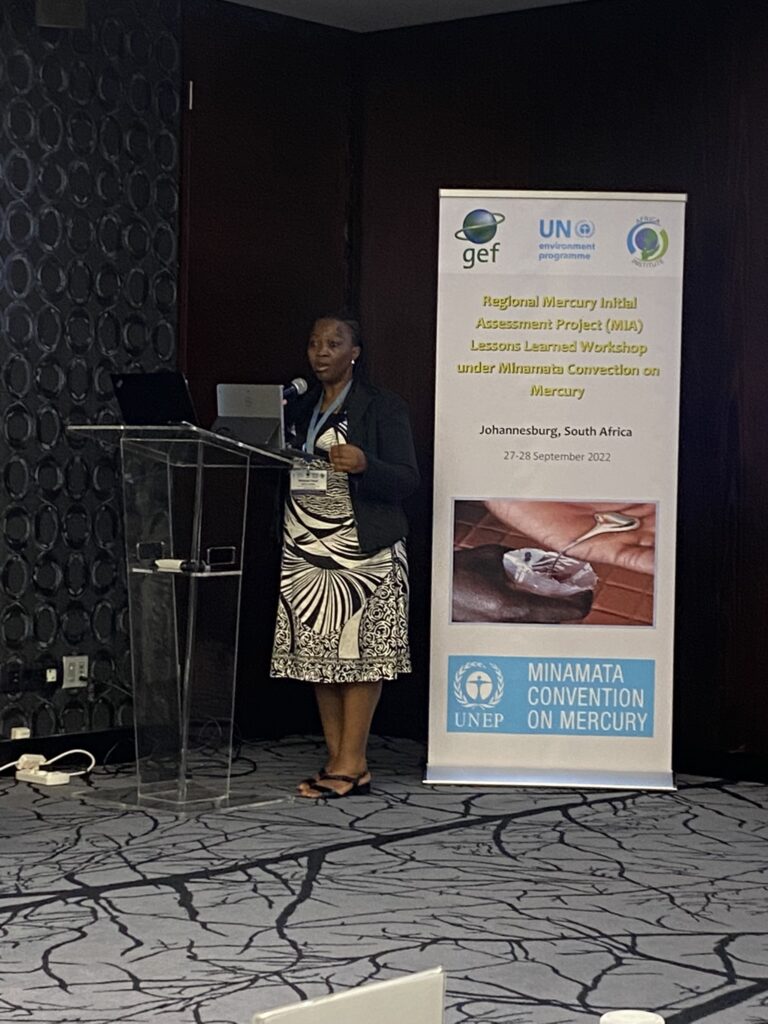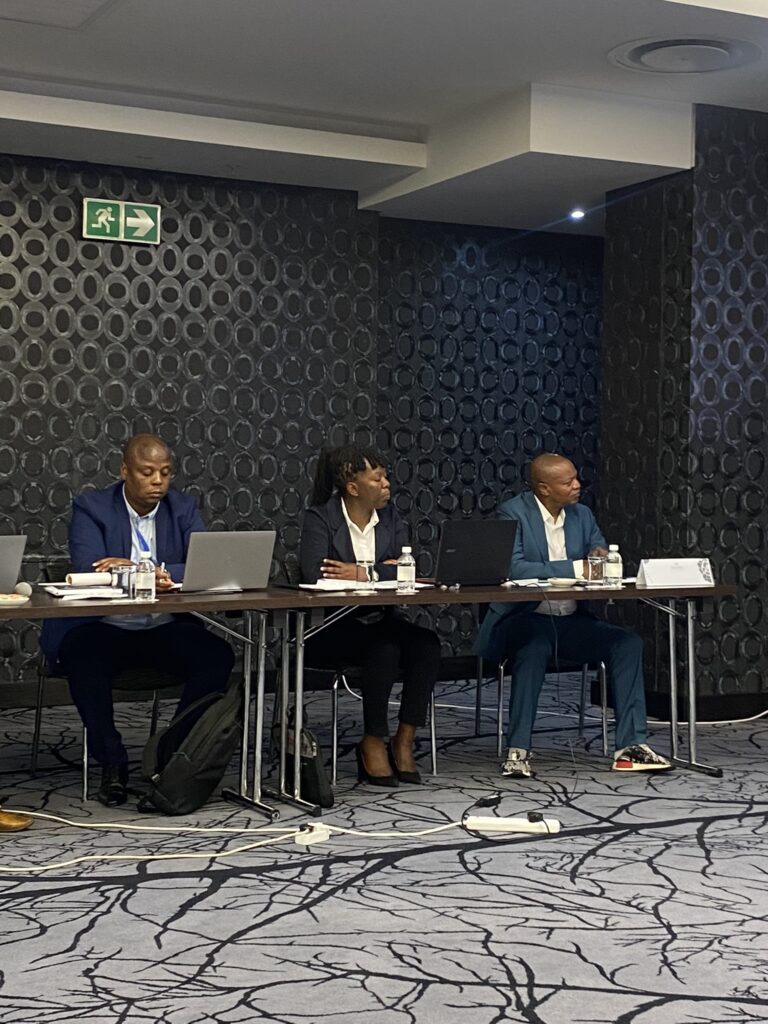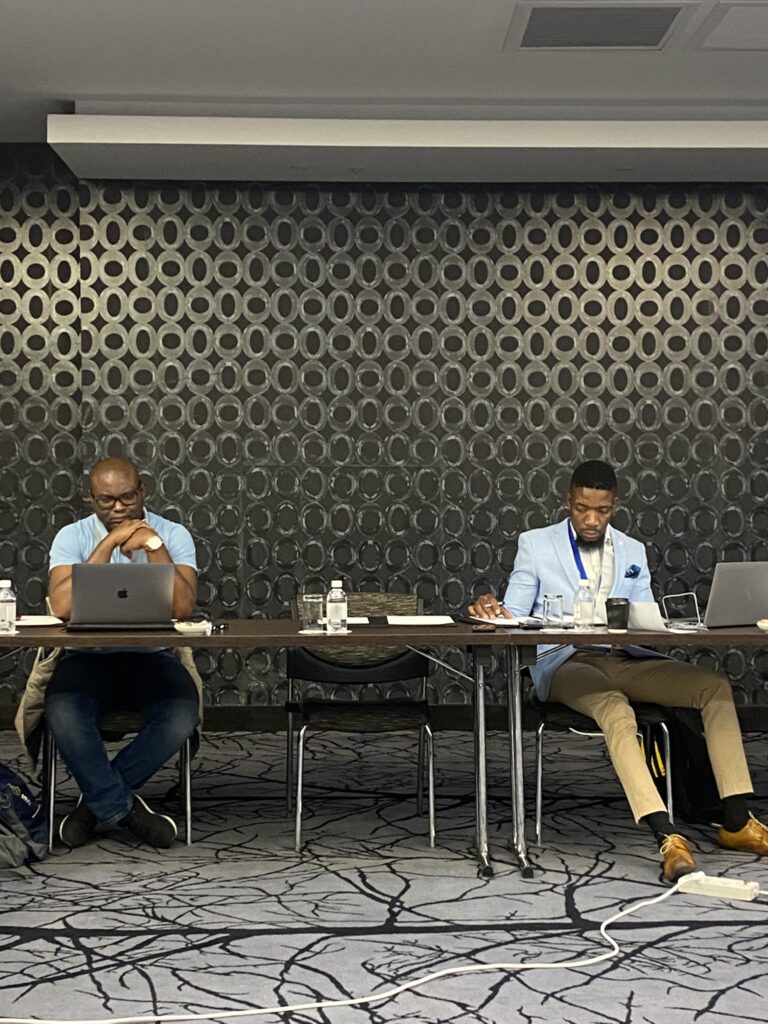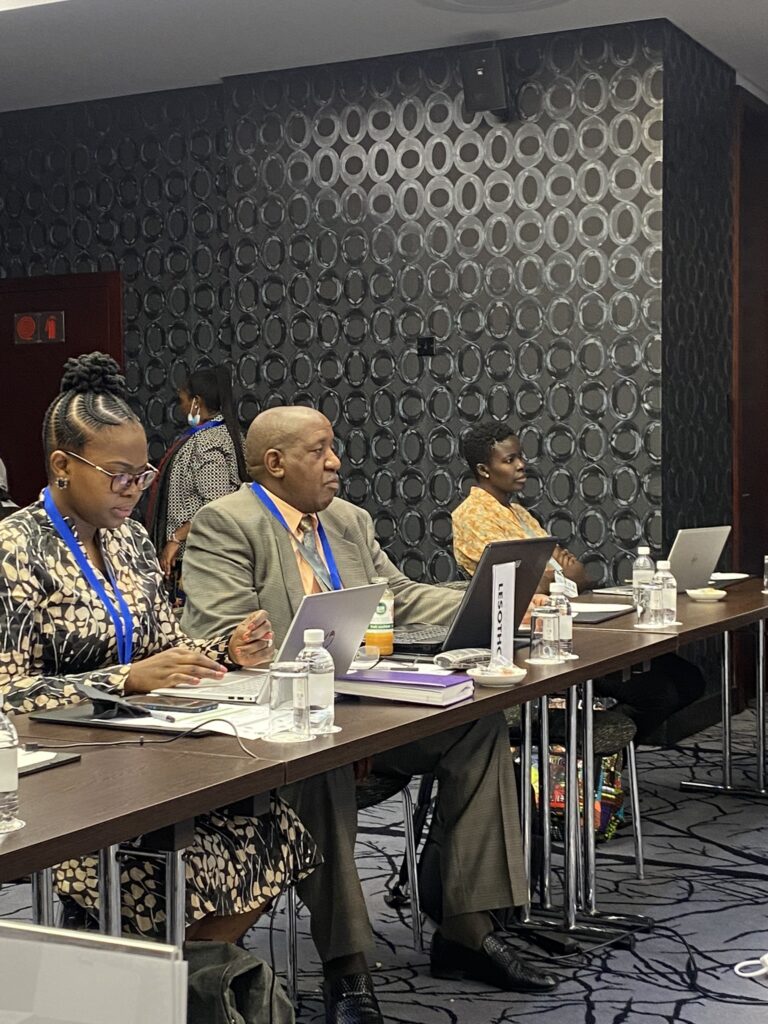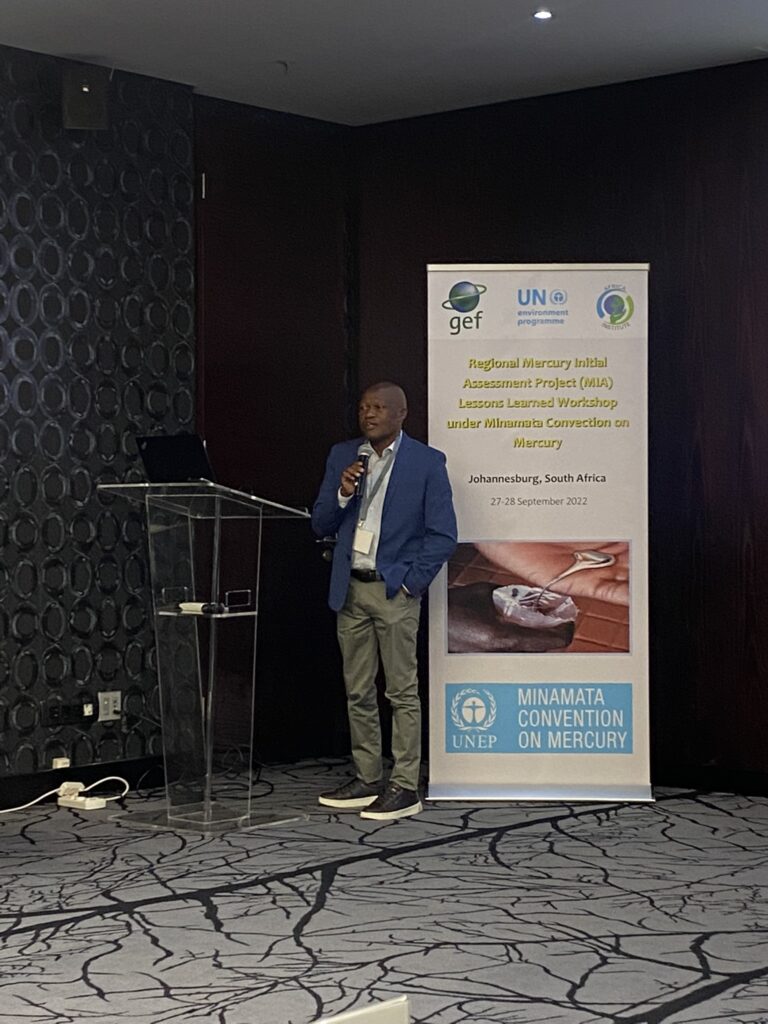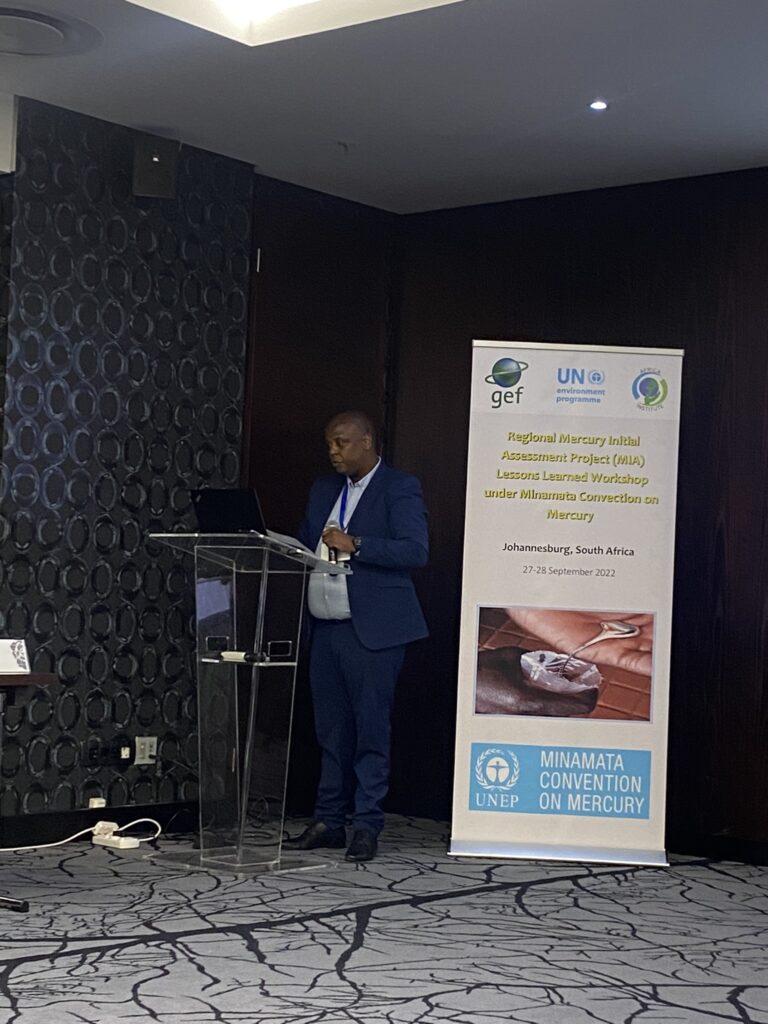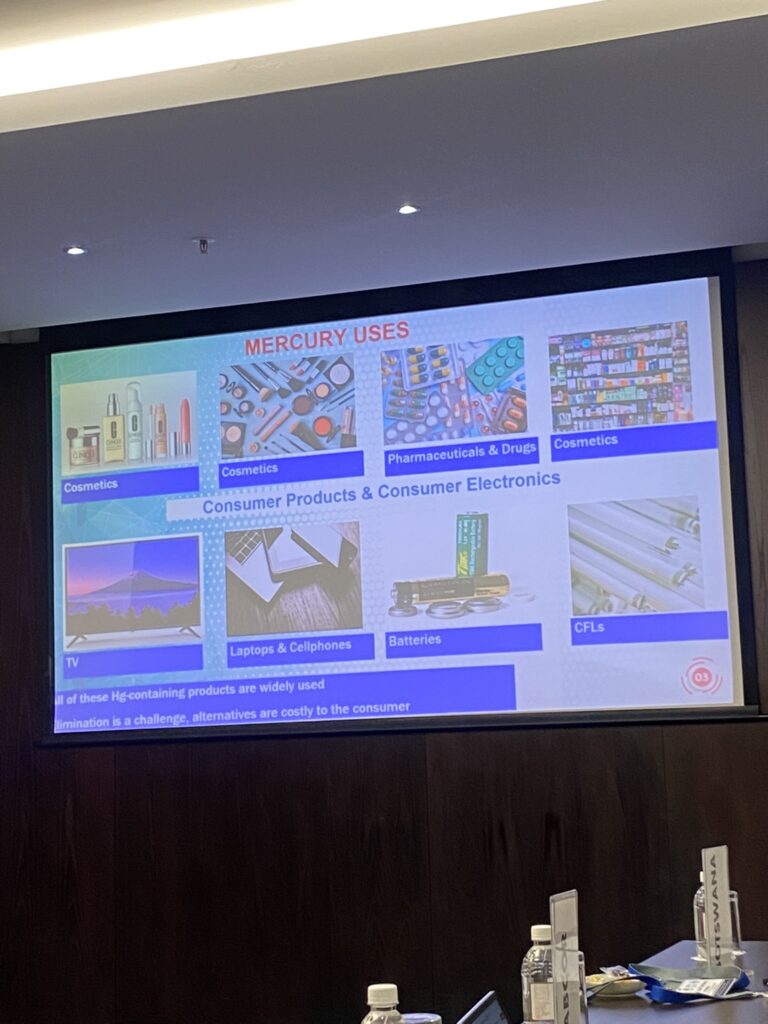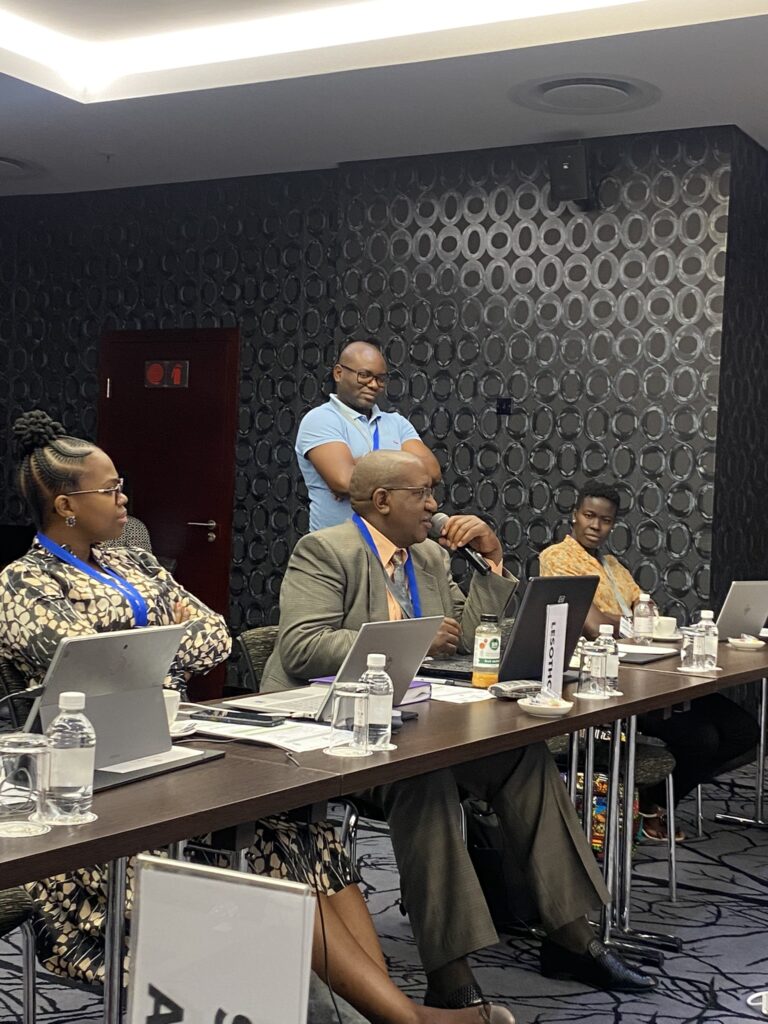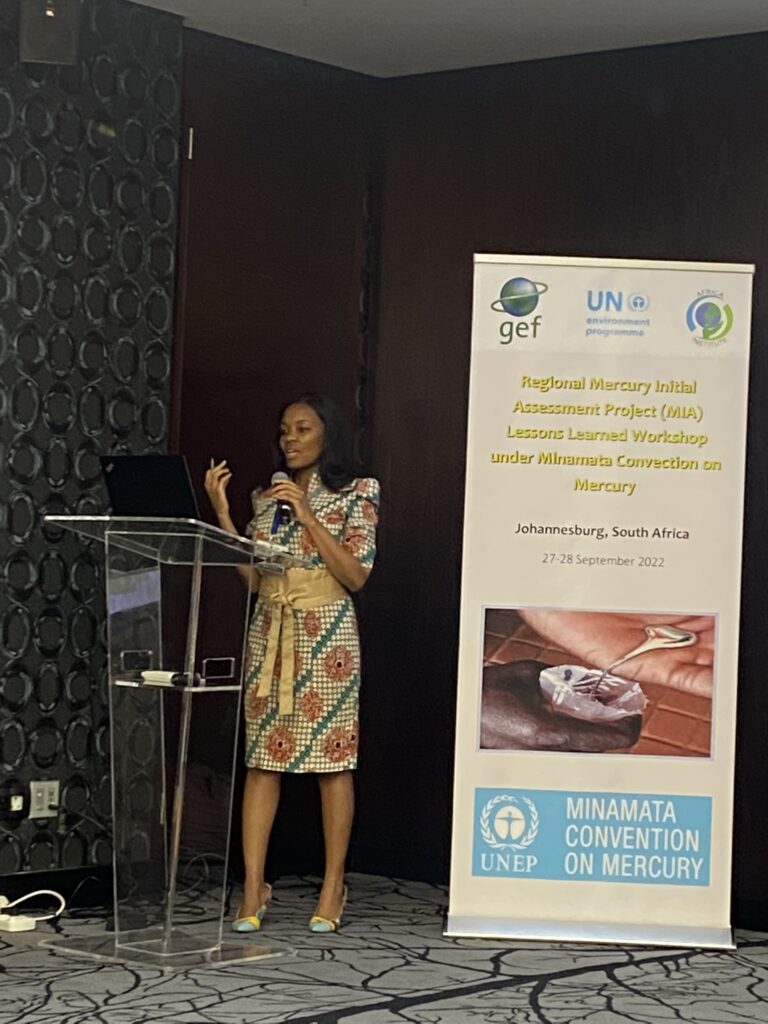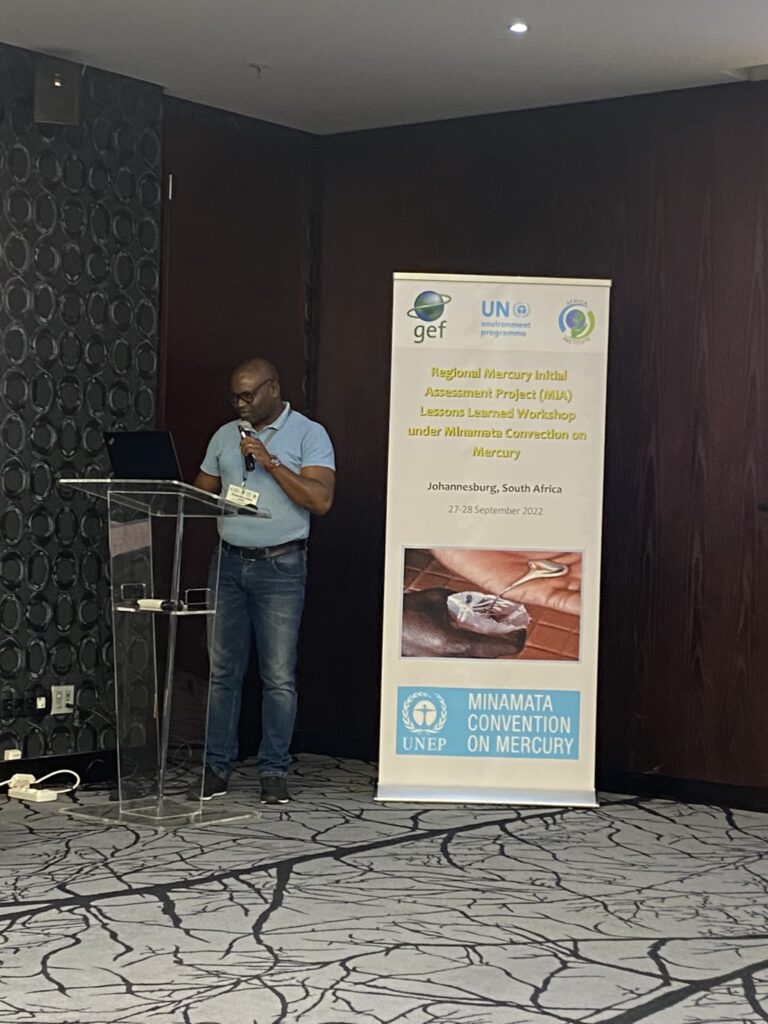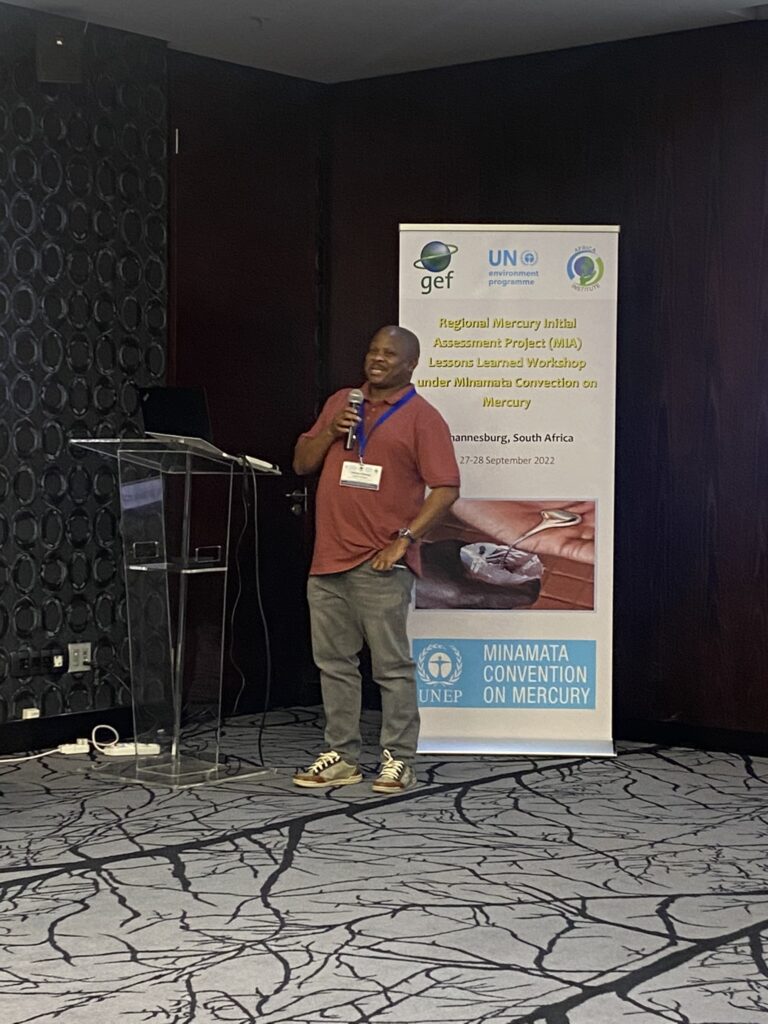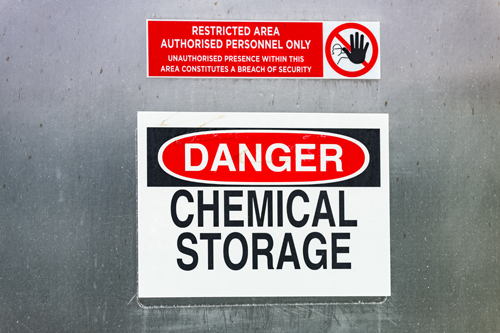
Countries: Lesotho, Eswatini, Namibia and South Africa.
Highlights: The Regional Mercury Initial Assessment Project (MIA) was undertaken in Lesotho, Namibia, Botswana, and Eswatini through UN Environment (Implementing Agency) and the Africa Institute (Executing Agency). It is part of the support that was made available by Global Environmental Facility (GEF) to support either signatories to the Minamata Convention or countries that have already completed their ratification process or countries that have signalled their intention to become parties to the convention. As a GEF enabling activity, the Minamata initial assessment process has the same structure across countries.
The purpose of the MIA projects is to help recipient countries to develop baseline data that they could use to understand the national situation and therefore justify their ratification based on such and further assist with priorities towards early implementation of the Minamata Convention. The project also recognises that Mercury affects multi-sectoral stakeholders who need to coordinate their efforts if any meaningful gains must be made at the national level. It is found in trade, health, science, culture, social use, domestic emissions, food, waste management, water and many areas that affect ordinary day to day activities in all countries.
Africa Institute held a two-day workshop for the project countries to share the experiences and lessons learned during the implementation of the project.
Objectives: The overarching aim of the workshop was to promote regional cooperation and exchange of information and experience. The workshop had;
- discussed the results and outcomes of the Regional MIA’s project and SA MIA project;
- shared the lessons learned, from participating countries, in the implementation of the project;
- reviewed the tools and methodologies used in the process of developing MIA;
- discussed the challenges faced during development of national MIA reports;
- explored and identified opportunities post the MIA project.
In addition to the above, the workshop discussed the trade of mercury especially from a regional perspective for the prevention of exposure of vulnerable population.
Identified lessons learned: Amongst the identified lessons learned the workshop raised the following;
- Need for the improved data management in the region;
- Need for the improved coordination / utilization of synergies in data collection;
- Need for the development of country specific input factors;
- Encouraged the use of existing mechanisms (policies, laws, institutions);
- Need for coordination / consultations among relevant authorities in combating mercury.
Organisers: The meeting was organized, thanks to GEF, for the generous financial support on the project, UNEP, as the implementing agency and the executing agency, Africa Institute.



